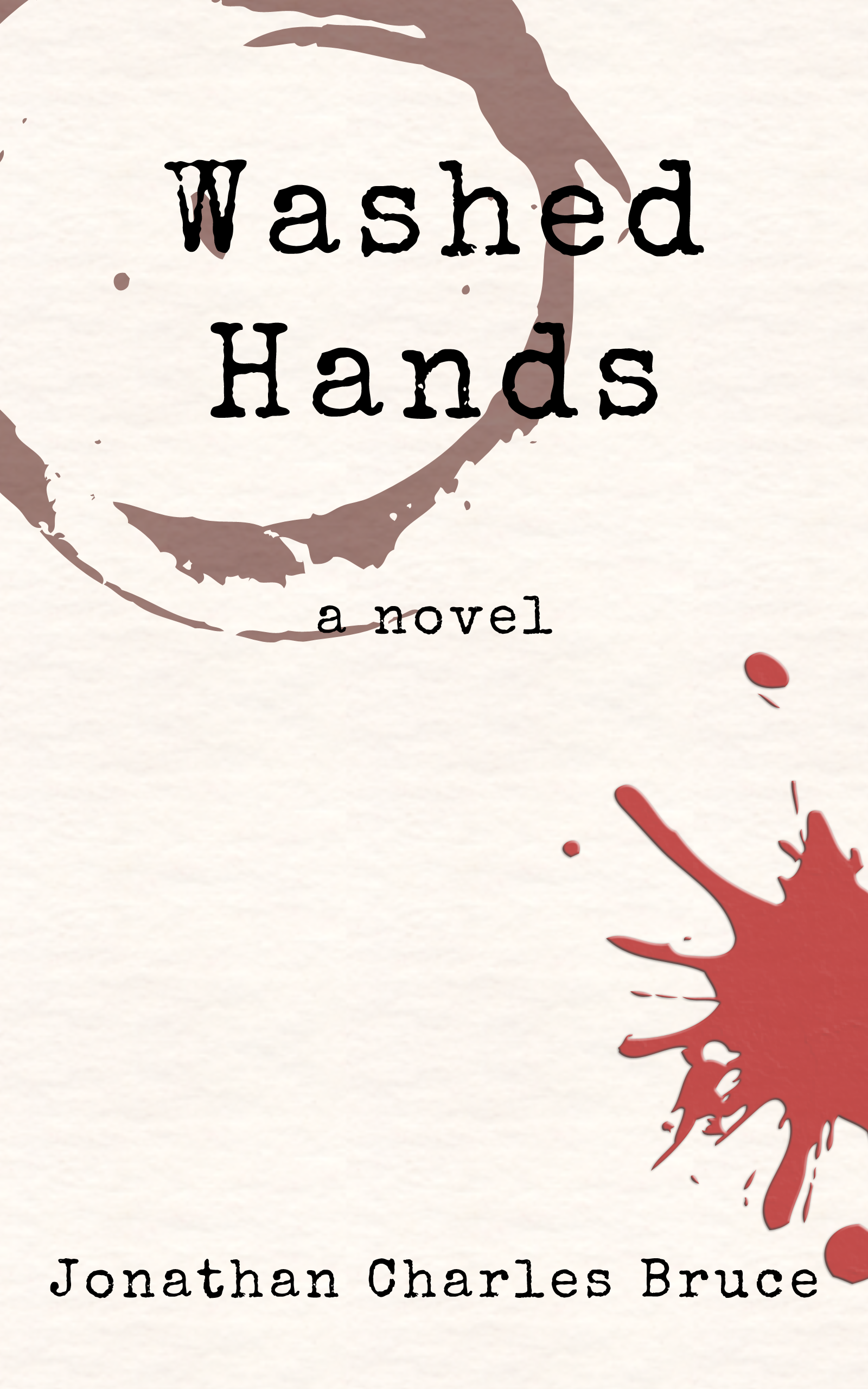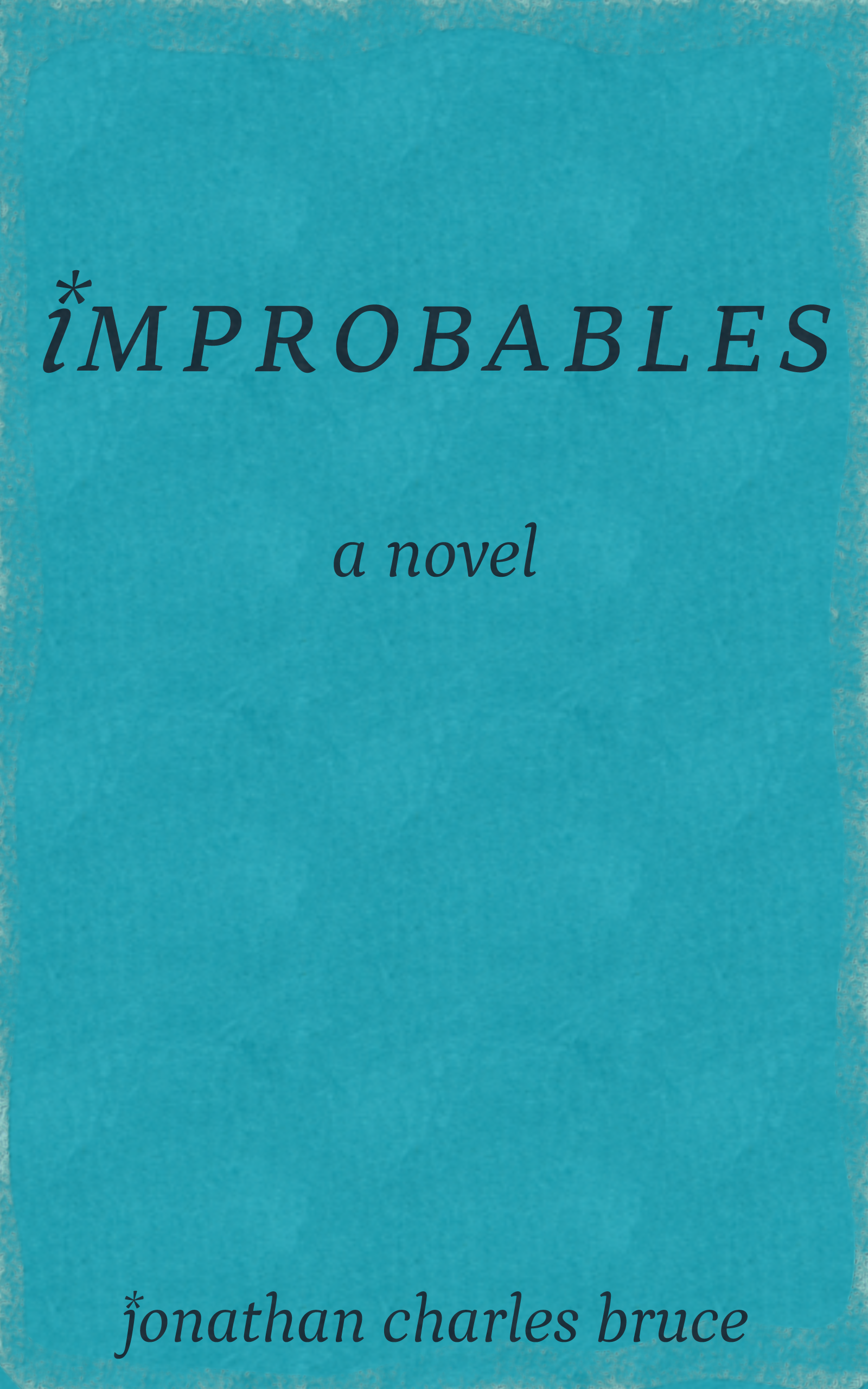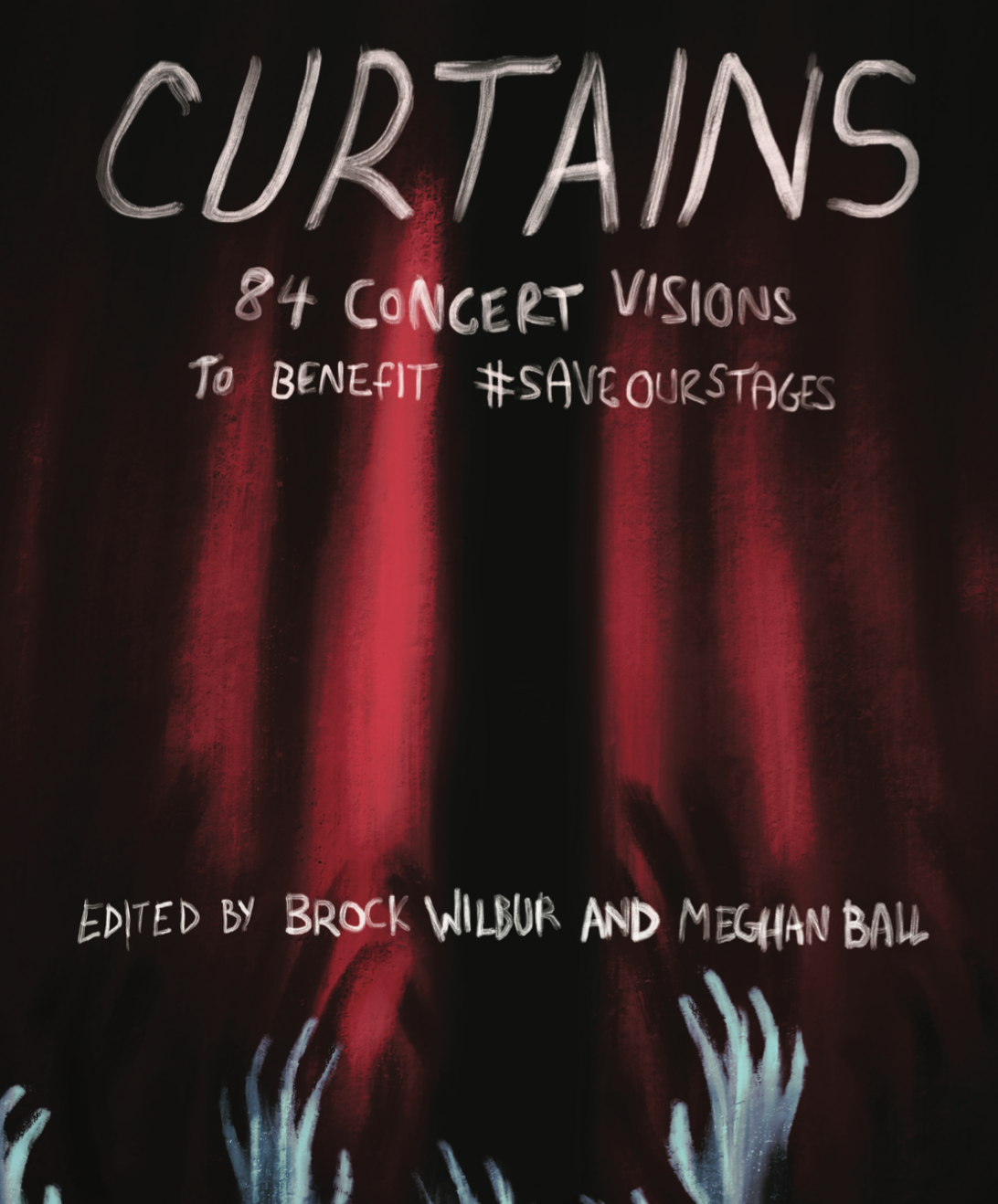On the Narrative of The Last of Us
For those of you who are not too keen on the video games (in which case, what the hell are you doing here?), The Last of Us was released last year to much acclaim and general love. Like Bioshock: Infinite, it didn’t really do too much gameplay-wise to make it stand out. It did, however, present an interesting story and told it pretty well. Unlike Bioshock: Infinite, the DLC (downloadable content, for those uninformed of such things) of The Last of Us didn’t end up shitting all over itself, instead offering an incredibly well-crafted extra chunk of story and gameplay.
One of the best things about The Last of Us is the mature storyline. I don’t mean “mature” in the idiot sense of the word, where buckets of gore replace handshakes and every adjective is the word “fuck”. Rather, it presents a gritty though starkly beautiful world with mankind at its lowest point. Its flirtation with moral ambiguity as a kind of central theme extends even to its main protagonist, presenting leading man Joel as a stoic-macho man who spends most of the game hating himself and pretty much everyone else. Joel is never really heroic as much as a single-minded survival machine, a pure neutral force of nature.
The other major positive element is Ellie, Joel’s 14-year old sidekick and actual main character (shhh… players apparently need a grizzled white man to play as—just go with it). The dynamic between the two is extremely well-written. Ellie’s humanizing of Joel is really the central emotional draw of the game. It takes a simple “travel across the country” tale and makes it really memorable and emotional. It may sound like I’m gushing here, and that’s because I totally am: I can’t believe just how well Naughty Dog (the developers) crafted the narrative.
Well, most of it, anyway.
Despite how much I love the game (you should play it or, at the very least, watch the LP of it), there are some pitfalls that I feel do undermine the narrative. Whether or not it critically damages the story being told is up to the individual, but I do feel that it would be remiss of me to ignore these points in any discussion of the game. If anything, the next big thing that can totally prove games are art may be able to circumnavigate these issues, only to generate new ones for me to complain about.
Fucking Zombies
That’s regular zombies, not zombies having sex. Don’t be gross.
To give you some context, the game starts at the beginning of the zombie apocalypse which looks eerily/awesomely similar to the beginning of 2005’s Dawn of the Dead zombie apocalypse. Joel, his brother, and daughter try to survive in the chaos because zombie movies aren’t a thing in The Last of Us’s universe and, as such, no one thought to shoot the people who are rabidly biting their cohorts. We flash forward in time, because this isn’t really an action game, and we get started in the not-quite-post, not-quite-happening-now apocalypse.
You can try to talk yourself out of seeing the mushroom-zombies as anything but the shambling dead, but they are functionally the same. While not the main enemies of the game, there are numerous “infected” humans at various stage of fungal contamination. The most numerous are just the crazy, run-at-the-humans variety of zombie from 28 Days Later. As they get more fungus-y, they eventually turn into armored mushroom men, as you do.
Now, as tired as I am with seeing zombies turn up in everything (I made a joke about it in Project Northwoods), I have no problem with them existing as a plot device. You know, something to drive the characters forward. The problem is when they stop making sense in the narrative.
See, from what I’ve come to understand about the fungus-based not-zombies is that, once infected (typically from a bite, because reasons, or from spores), you have 24 hours before you turn into a rampaging murder-beast. At some vague point after that, the fungus will grow out of your skull, eventually destroying your eyes and turning you into an echo-locating terror of the dark. After that, if you’re very lucky, fungus will cover your body and turn you into an organic tank.
So here’s the problem, folks:
It’s been twenty years since the initial outbreak. The actual number of individuals infected (that is, the first stage) should be much lower than every other variant. Since the infection doesn’t really seem to kill its victims (and if it does, that information isn’t really seeded well in game), there should be fuckloads of the big tanks. At the very least, there should be a lot more people stuck in the intermediate stages than there are. On a cursory examination of the timeline the game is asking us to accept, the infected population just doesn’t seem to work out.
“But maybe they starved to death!” you may offer in defense of the game.
And while that would be a possibility—we do see one infected eating a corpse (I think) and thus imply that starvation is a threat—that’s not how fungus works. If it did indeed work that way, then there’s no reason why the big bruisers exist at all, since most of them are in secluded areas. One is even locked inside a closet, implying that other survivors trapped him in there and allowed him to get all super-shroom. Others die and become the site of a massive bloom of fungus that still seems to be going strong without any fresh material for it to grow from twenty years out.
When I brought this up to a colleague (yes, I have those), he suggested that I was thinking too hard about this aspect of the story. First off, I’m an academic—it’s kind of my shtick. But more to the point, these stupid fucking zombies are the entire reason for the game. The end of humanity happened because of zombies. Most survivors live under martial law in small safe zones because zombies have overtaken much of the country. Bands of raiders exist because it’s humanity versus zombies. Ellie is being smuggled across the country because she is immune to the zombie-causing fungus. Since everything depends on these things, a little more hard thought into their biology is absolutely necessary.
Please don’t get me wrong—the idea is interesting, but at the very least, the timeline just doesn't do what it's supposed to do (i.e., support the story being told). On top of that, any contact with absolutely any zombie with emergent ‘shrooms would lead to infection with spores getting right into your eyeballs and mouth. To be honest, they wouldn’t want to bite anyone on the neck, as that would probably kill them long before the infection could take hold. The only reasons traditional zombies bite is because they supposedly hunger for the flesh of the living and the resurrected dead don't need massive chunks of their body to "un-die". Removing someone’s jugular would be a terrible way to transmit something that—as established by the game—requires its host to live.
Everything is (a Little Too) Terrible
This section contains major spoilers, so if you’re the kind of person who waits to play video games and whines because a blog point discussing narrative threads potentially ruins your enjoyment of something, punch yourself in the face before skipping this section.
Let me give you the main story beats presented in the game (if I miss any, it’s probably because I’m too depressed to remember anything that isn’t tragic):
1) Joel’s daughter is shot by the mean ol’ military during the first outbreak.
2) Joel and his partner, Tess, stumble on Ellie after killing a smuggler who screwed them out of guns.
3) Tess gets infected and dies trying to hold off the military.
4) One of Joel’s acquaintances, Bill, discovers a former lover has hung himself because a) he was infected and b) he couldn’t stand Bill anymore.
5) After meeting up with another set of survivors, brothers Henry and Sam, Sam gets bitten and is killed by Henry before poor Henry shoots himself in grief.
6) Joel meets up with his brother in an effort to pass off Ellie to him, but decides against it; in a shocking turn of events, the only people who die are asshole raiders.
7) Their first meeting with the people who can potentially synthesize a cure from Ellie ends up with Joel getting impaled on some rebar, forcing Ellie to flee with him into the wilderness with bandits in hot pursuit.
8) Ellie is kidnapped by a group of cannibals lead by a rapist pedophile who she ends up killing in self-defense.
9) Joel and Ellie meet up with the group who want to synthesize a cure from Ellie, only it will require killing Ellie—a fact that Ellie is unaware of due to unconsciousness and curmudgeonly Joel doesn’t take too well. This ends poorly for a lot of people.
10) Joel lies to Ellie about the cure, saying that they weren’t able to synthesize anything.
Notice anything in there? Like how everything is just one fucking depressing thing after the other? The game wants so desperately to be taken seriously that they take absolutely no time to establish that, I don’t know, the world may be worth saving. Instead, everyone we meet either wants to kill or rape us, with the exception of Joel’s brother. There is such a damn thing as too sad, people—if your world consists of endless horror, it ceases to be horror and becomes the norm. We become desensitized to it.
Even the second-to-last major human antagonist—the cannibal rapist—is just so damn overwrought. Oh, he’s definitely a creepy, evil bastard, but why did he have to be such a confluence of awful? It couldn’t be enough that he’s trying to separate Joel and Ellie based on the fact that Joel has killed a metric ton of his dudes? Hell, just make him a regular guy that wants to provide for Ellie and she thoughtlessly kills him because she’s become so damn attached to her grumpy surrogate dad. That would provide a much better lull in the action (Ellie is growing comfortable around the guy and might abandon Joel) so that when it picks back up, the emotional engagement is more harrowing than just “oh, it’s a boss fight with a very bad man”.
This kind of peak/valley approach to the story beats is probably the most effective way to control the emotional responses of the player. The DLC actually does a much, much better job of handling this. Following Ellie, it covers a seminal event in her past while weaving the more dangerous parts of the present throughout the narrative to keep up the tension. It is powerfully effective, even though most of the content has very little action in it—you are spending a good chunk of time hanging out in a mall with your best friend, doing things that teenagers in the post-apocalypse would do. By actually showing that life wasn’t always shit, it makes the moments when it turns to shit actually mean something.
I’m not saying that the main game needed a fucking clown or something, but a little reminder that everything wasn’t lost would have been nice. People are still having kids, trying to raise families, and writing music. The world that the developers built needed far more than the handful of moments when Ellie whipped out her pun book and joked for a few minutes. When humanity only comes in the grim determination variety, it’s more wearing than engaging.
The major reason why they needed something other than endless drama is actually one of the most integral elements of any story arc: the ending. Joel lies to Ellie about the people who were supposed to save humanity, not telling her that they were going to hack open her head to study why she’s immune to it. You can view it as him sliding backward into not trusting her. You can view it as a father who lost his only daughter not wanting to experience that loss again. You can view it as someone taking away another’s agency for seemingly noble, but ultimately selfish, reasons. It can be viewed as morally right, neutral, or wrong.
But since just about everyone in the world turned out to be an awful human being made entirely out of rape and murder, the only way I could see the ending playing out is Ellie dying and the scientists coming to the realization that no cure could be made. Joel would end up hating himself more than he already does, and everyone would go away wondering what the right amount of alcohol to forget the whole experience is. Naughty Dog made the world so damn bleak that the final moral quandary—Was Joel right in lying to Ellie?—fundamentally means nothing.
Juxtaposition, people. It’s a perfectly useful narrative device.
Bandits
Despite what you may think about a zombie apocalypse game, the actual main enemy types that you will fight in The Last of Us consist entirely of just regular people. Sure, they may use different weapons and may have different dirty outfits, but they are all pretty much average joes. And here’s where it gets problematic.
They’re all dudes.
If I am to take this world as the moral wasteland that Naughty Dog so desperately wanted it to be, why are there not women among the gangs of vicious raiders? At the beginning of the game, we walk by female soldiers but don’t confront them at any point, and there are plenty of infected ladyfolk. It’s just a bizarre decision to draw a line over. Even Bioshock: Infinite had female peacekeepers trying to kill Booker—is it so hard to believe that there would be women that would open fire on a man escorting a child across the apocalyptic wasteland?
I guess it just seems weird that Joel’s partner Tess is an incredibly hardened veteran smuggler—for instance, when she’s betrayed by a business contact, she coldly caps the unarmed guy in the head. She’s certainly not what you would call weak by any stretch of the imagination, but her entire role in the story is over and done with when she sacrifices herself for Joel and Ellie. So there are women in the world of The Last of Us who care about survival to the point where gunning down the defenseless isn’t a problem—so what the hell, game?
The only time we have a sense of women in the post-apocalypse is when Ellie and Joel are tearing up the encampment of the rapist pedophile cannibal. Some goons mention how they have to protect the women and children, and it’s just so weird that the women are hoarded away like commodities when it’s been established that they’re perfectly capable of raiding and killing and being emotionless death machines.
And you know what? If that was the case—women are being forcibly returned to chattel roles (like, oh, say one major plot point of 28 Days Later)—that should have been a central issue that could have been discussed. Male bandits hoarding women for whatever reason would have been an interesting digression into the potential devaluation of human life in the post-apocalypse. We already know that human life is devalued to the point where even slight transgressions are met with a burst of gunfire, but this adds an entirely new, massively uncomfortable level to it.
Now, I’m not saying that I hunger to see women abused or killed in video games, but I do think that a discussion on this point needs to be had. If the team was uncomfortable with putting women in the role of bandits or whatever, what prompted that? And if it was the violence inherent in the game, couldn’t there have been a non-violent alternative to the way that Joel and Ellie were forced to approach their situations?
The Last of Us, with a heavier emphasis on stealth and little recourse in terms of direct violent defense, would have been about a billion times more effective at what it was trying to do. It would have also made those moments when violence was used as a way out infinitely more effective than just another body on the pile.
< PREVIOUS ENTRY • NEXT ENTRY >
Advice • Fiction • Gaming • General Musings • Reviews





